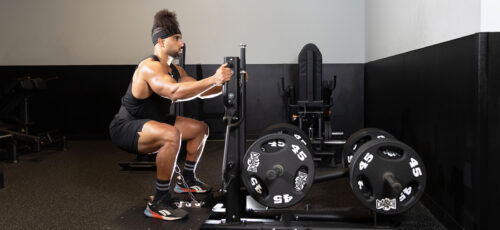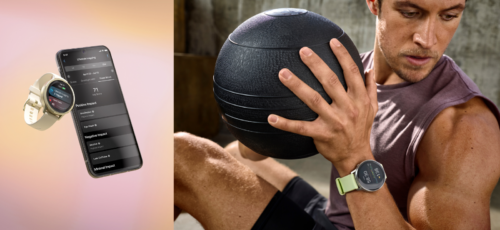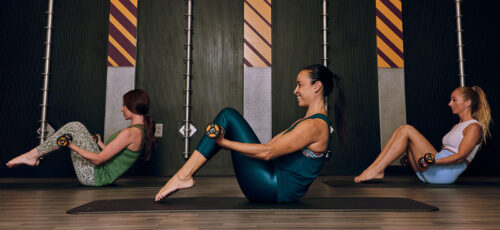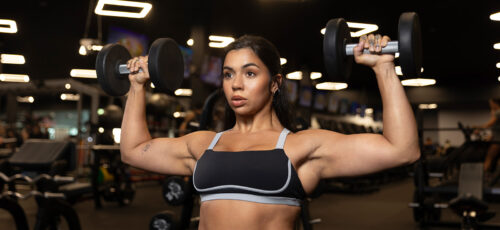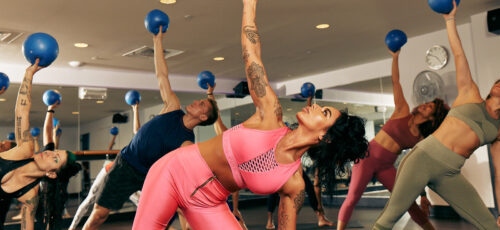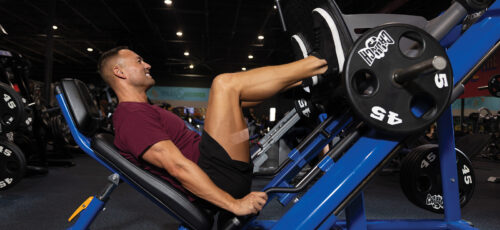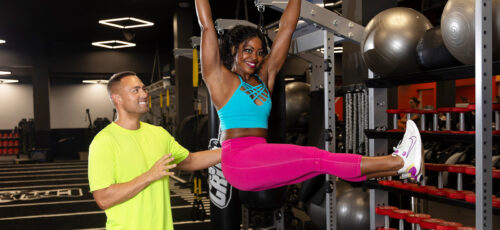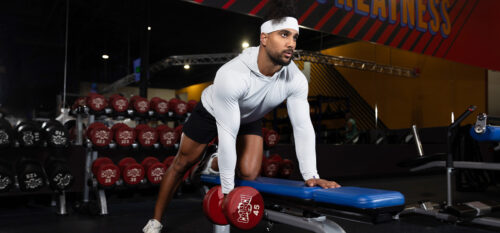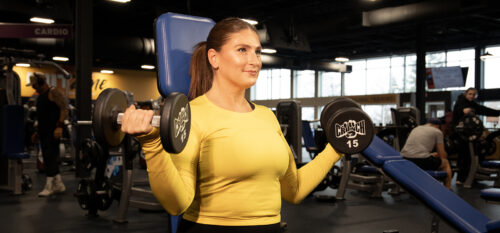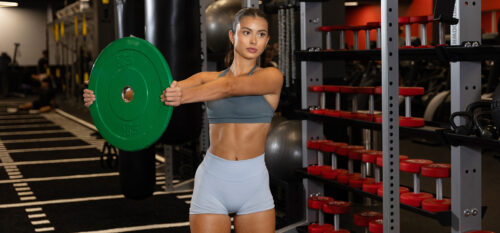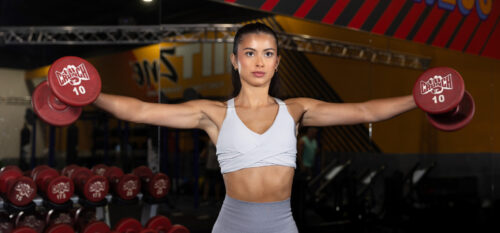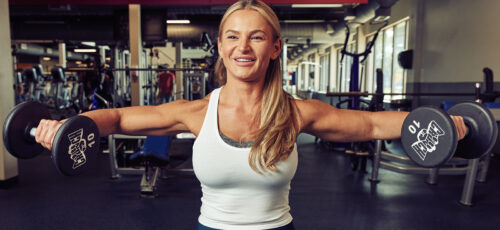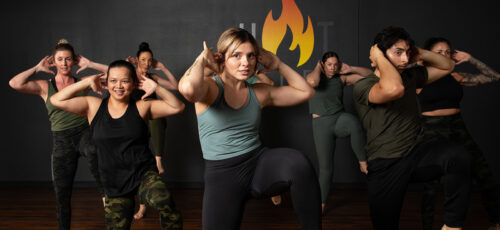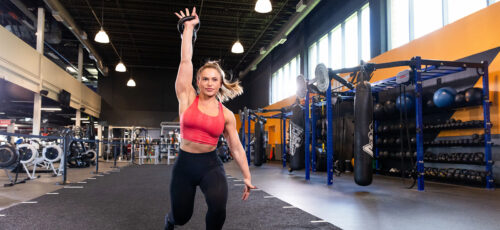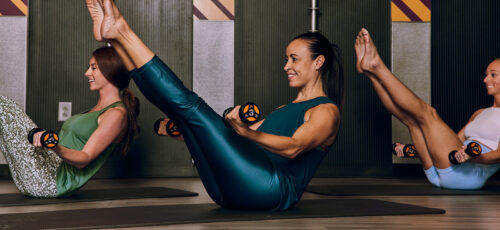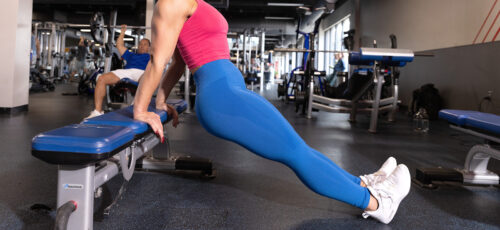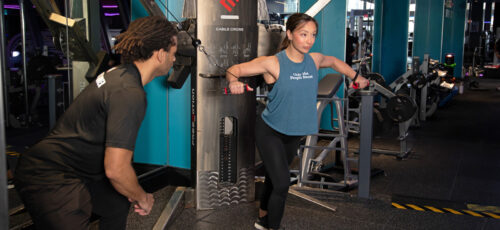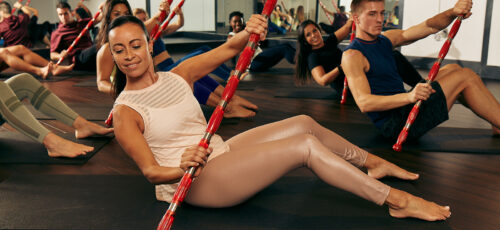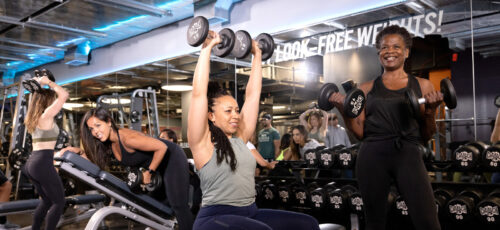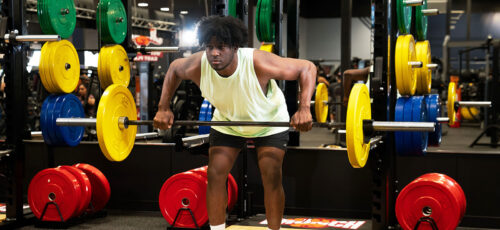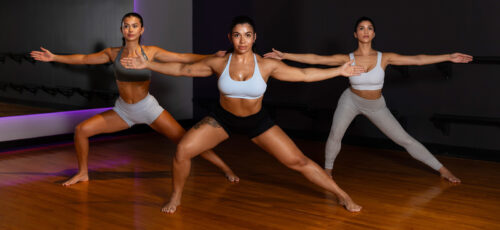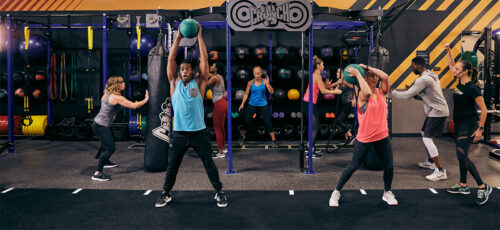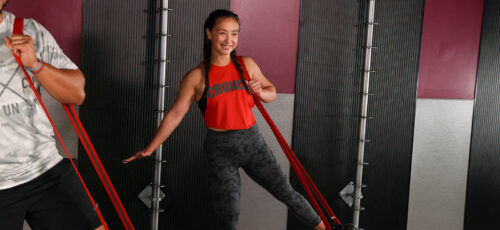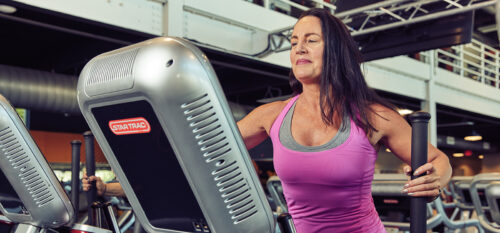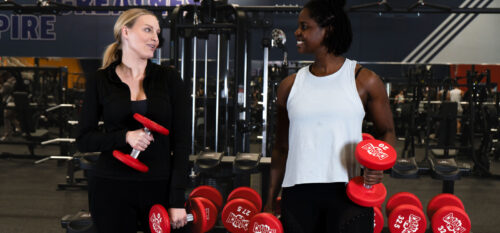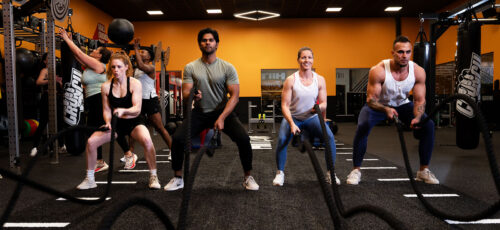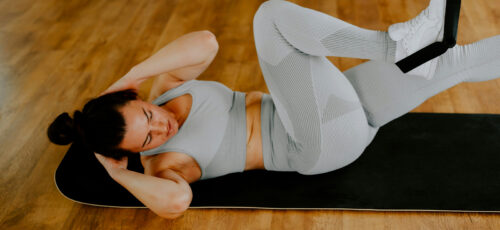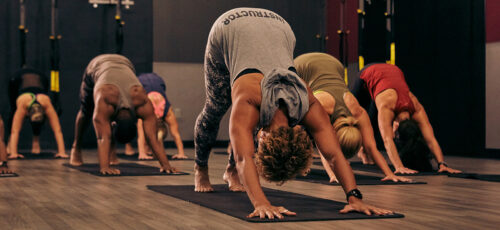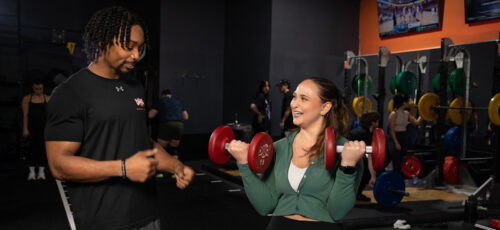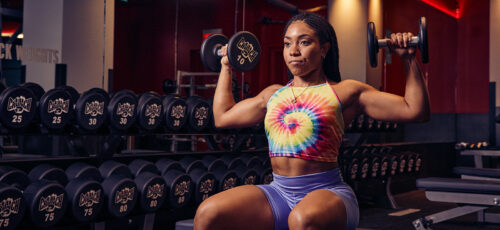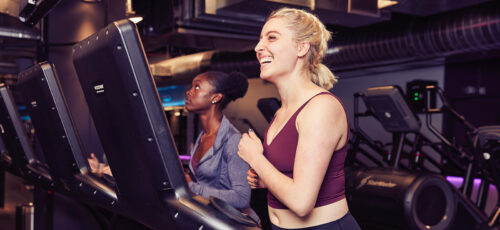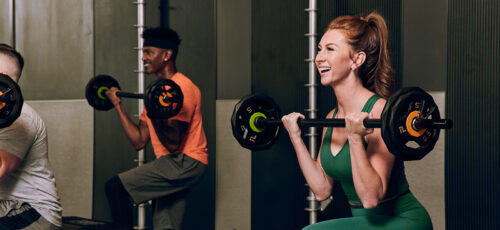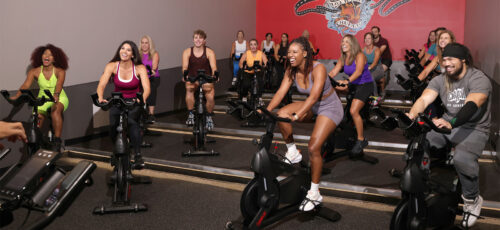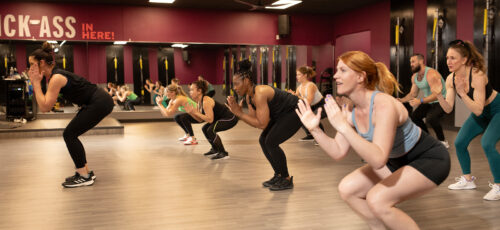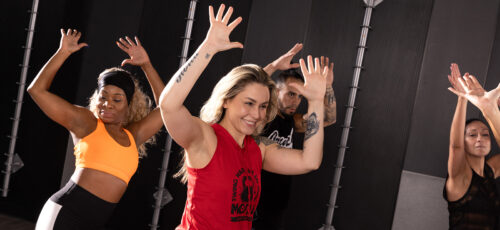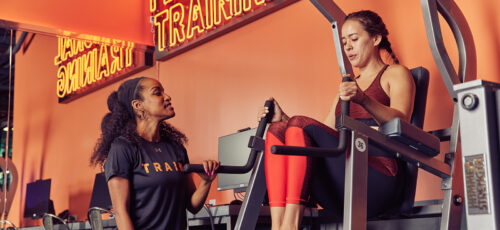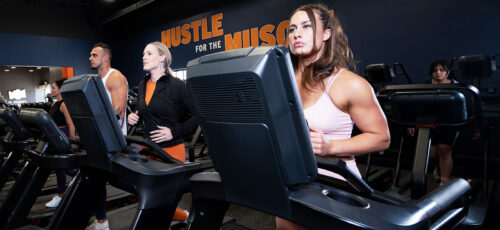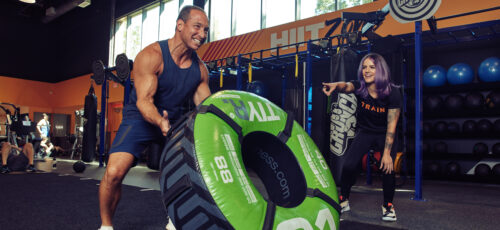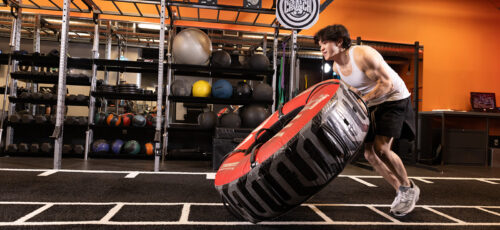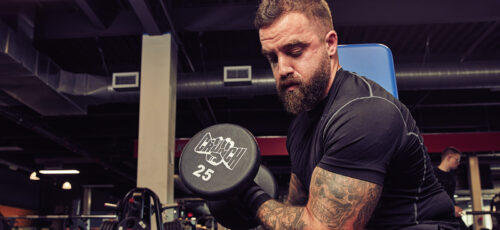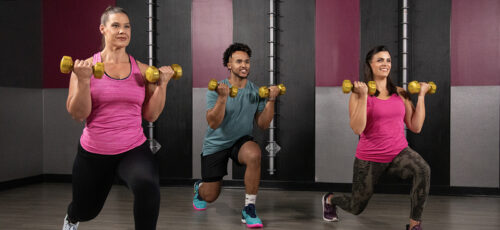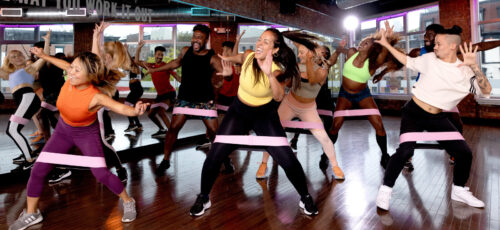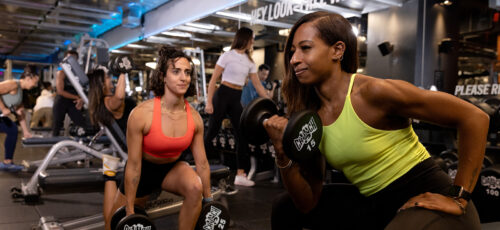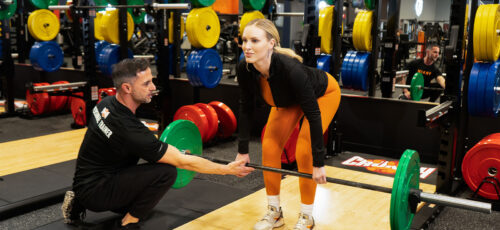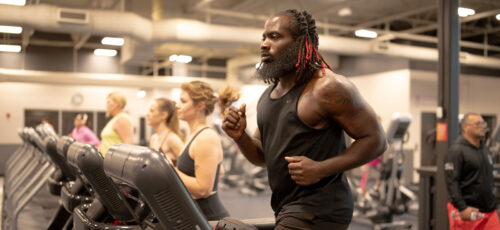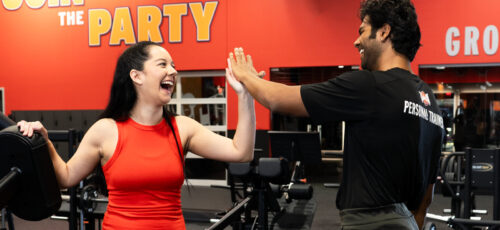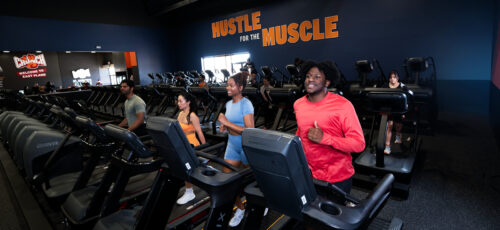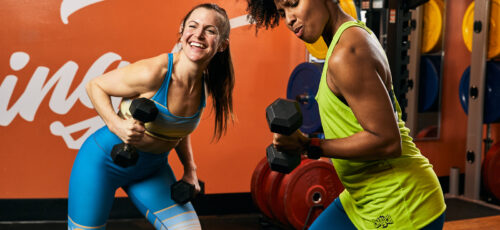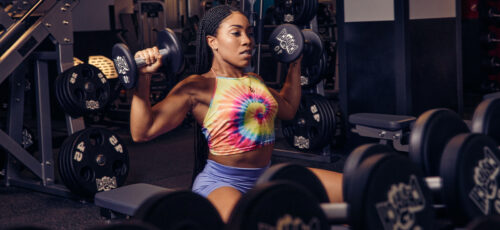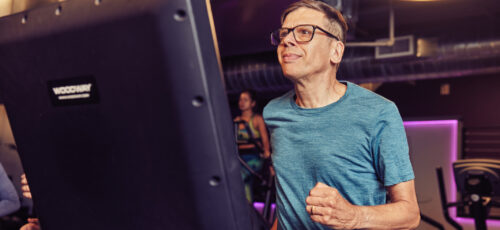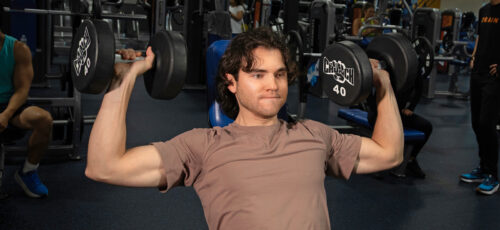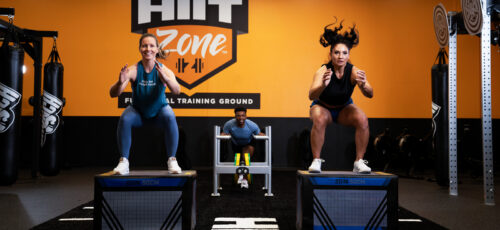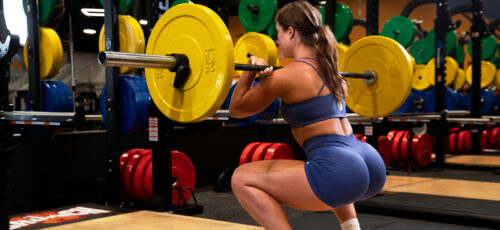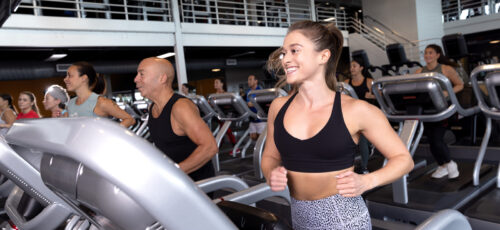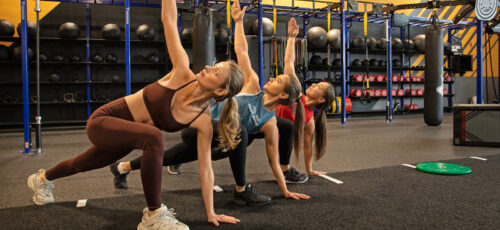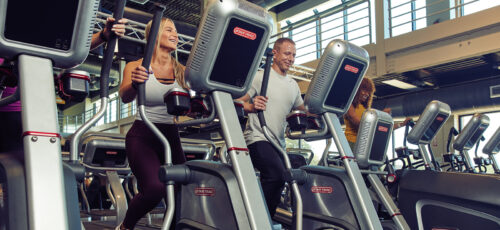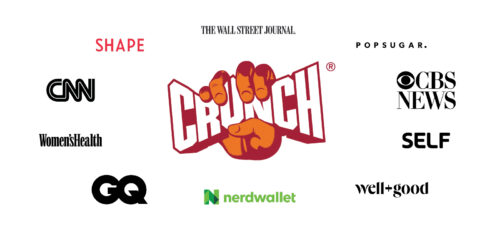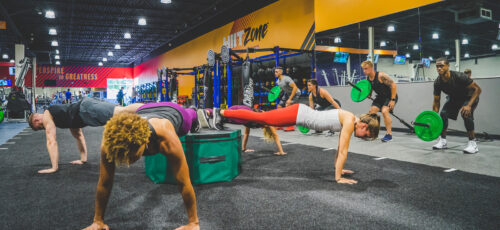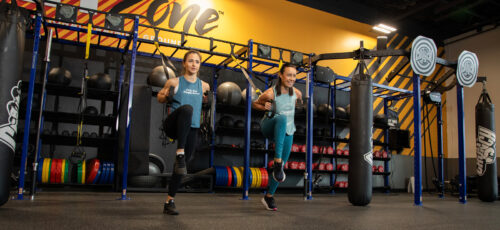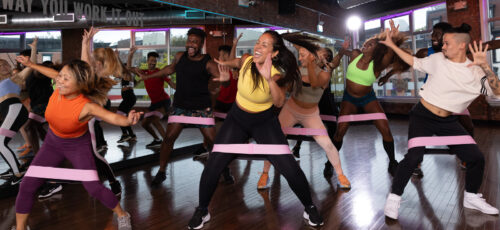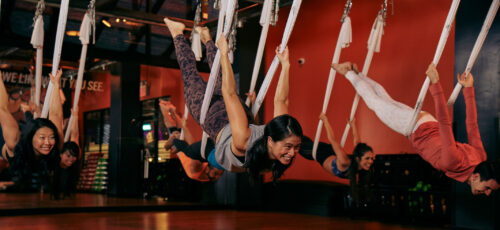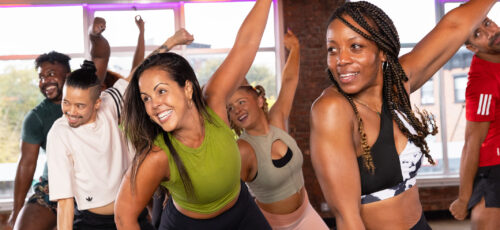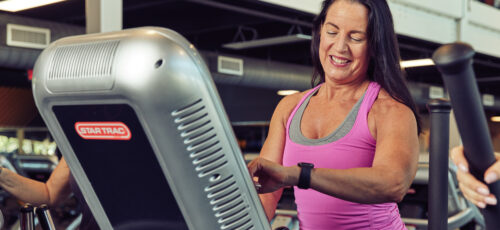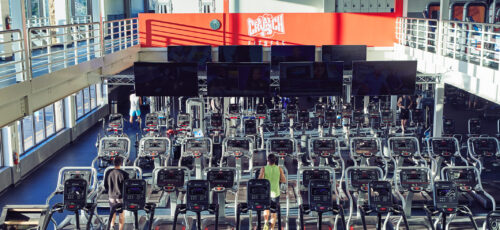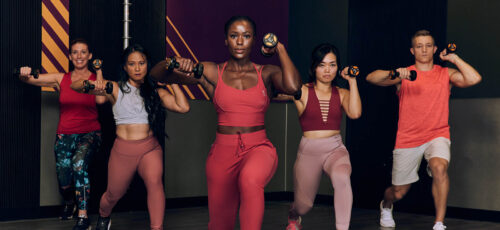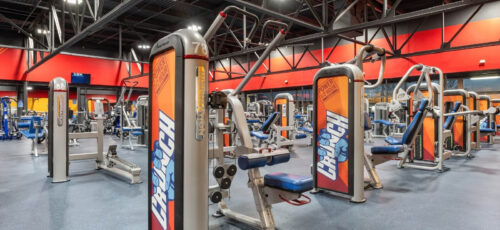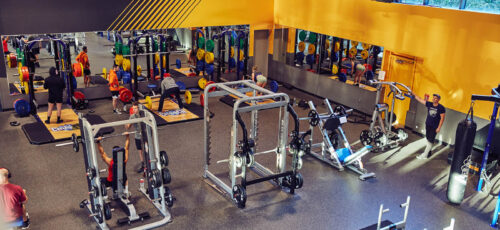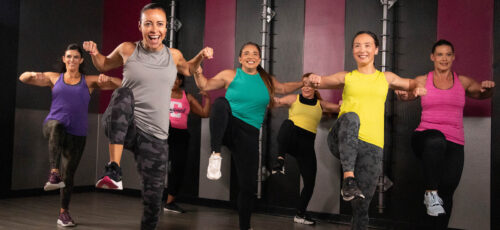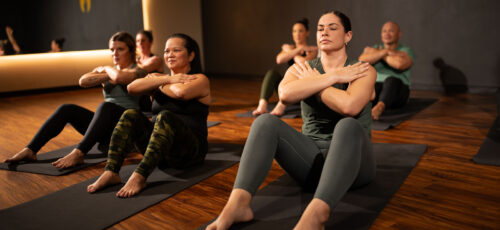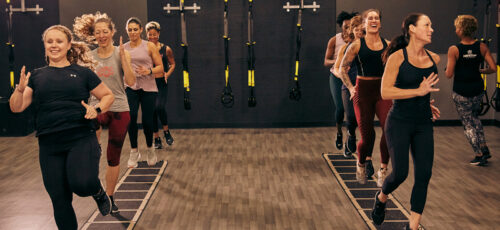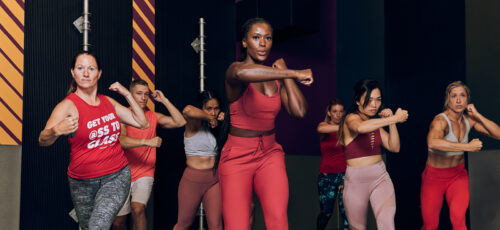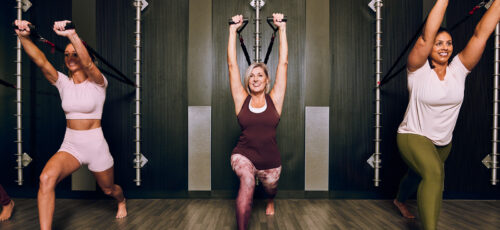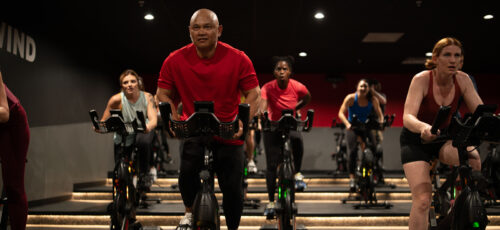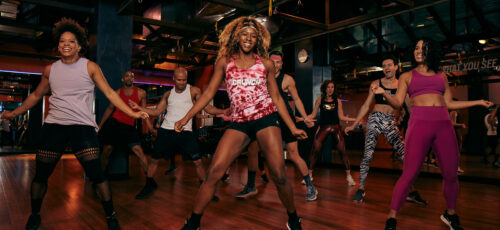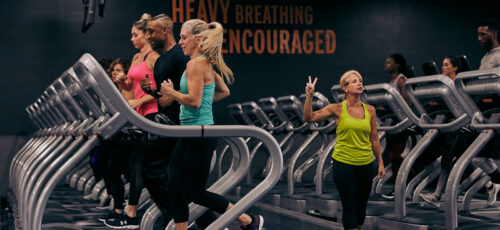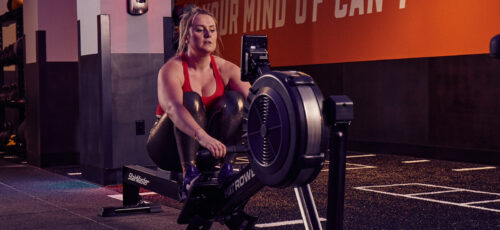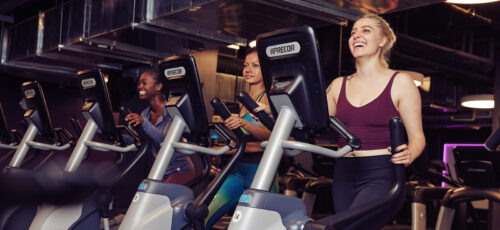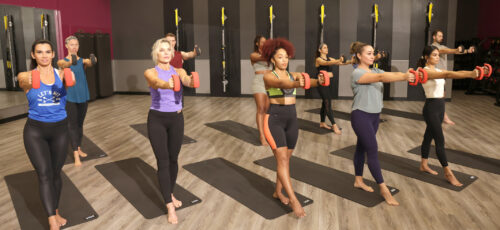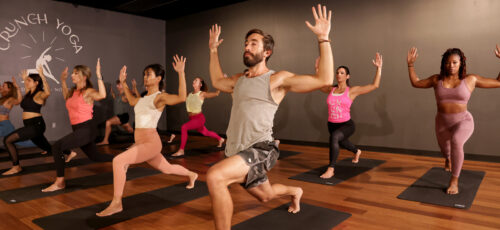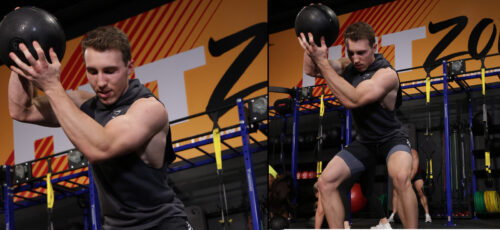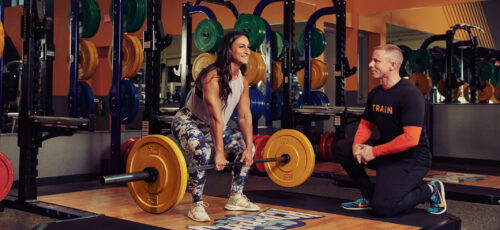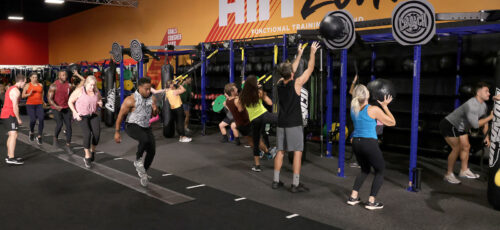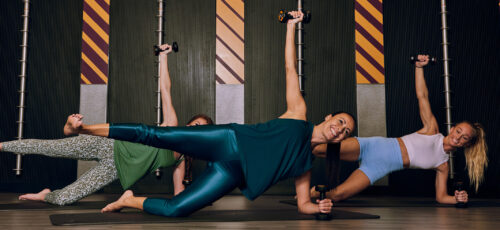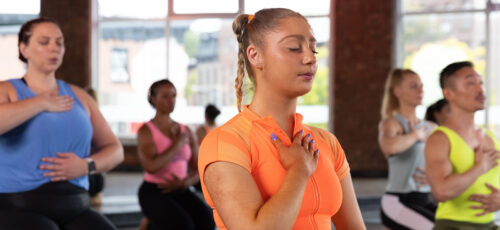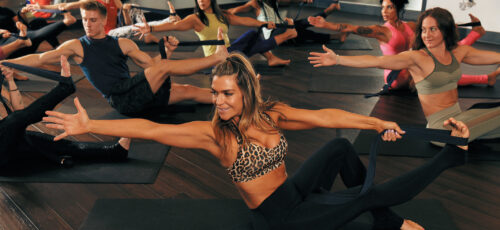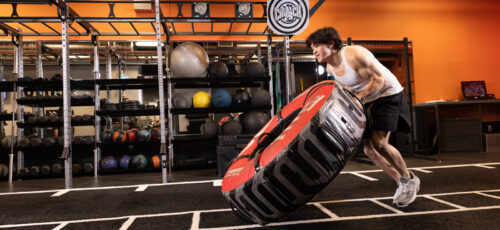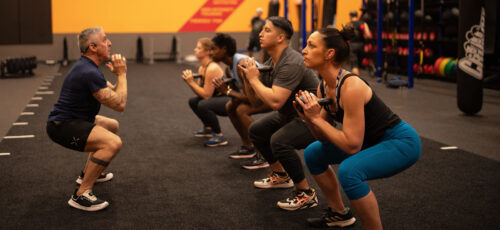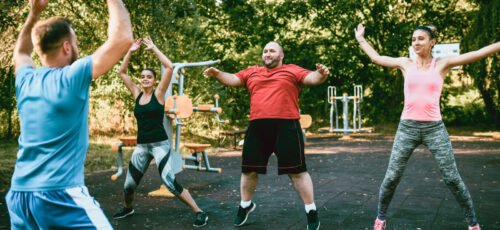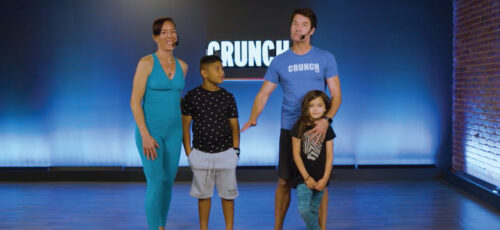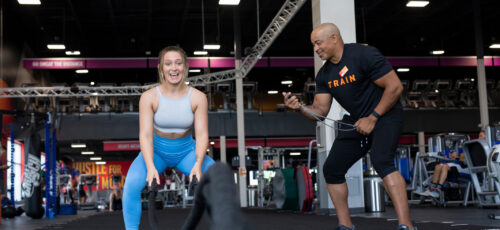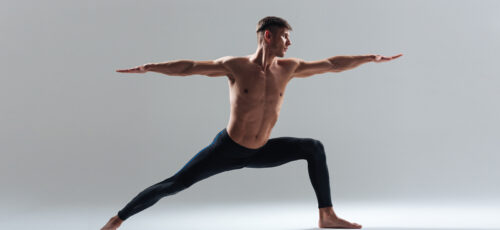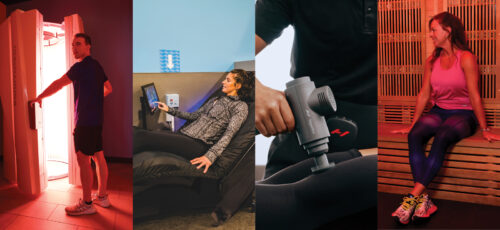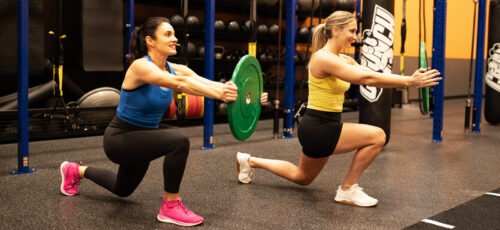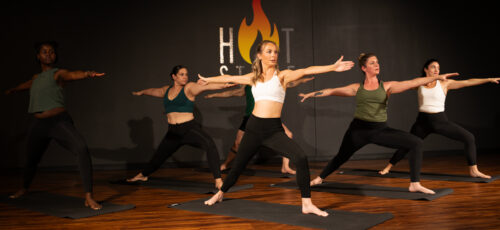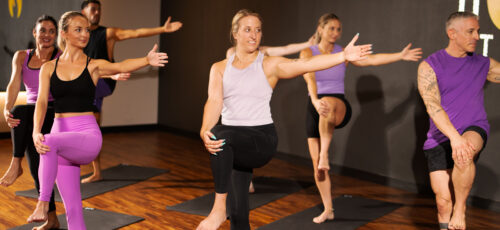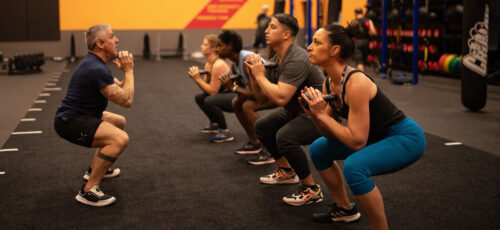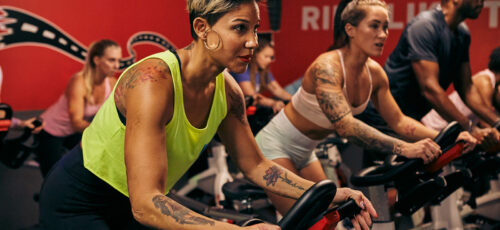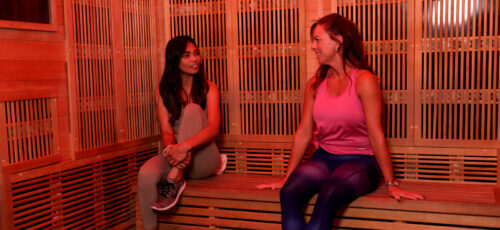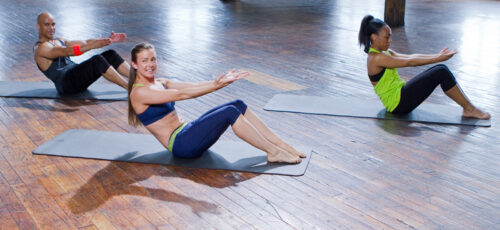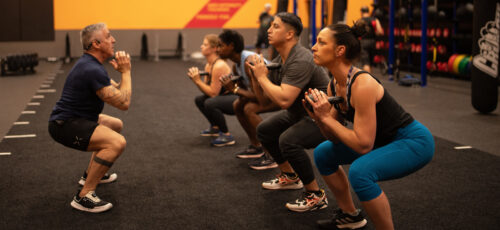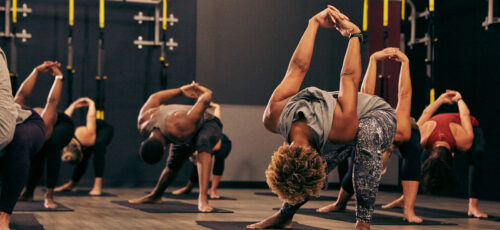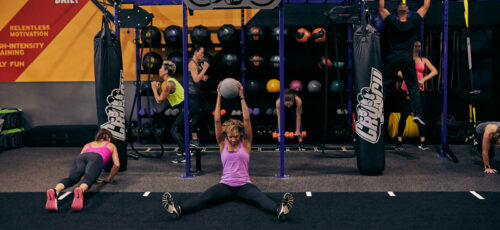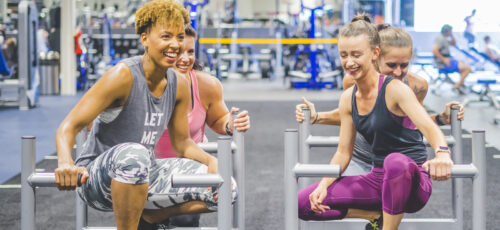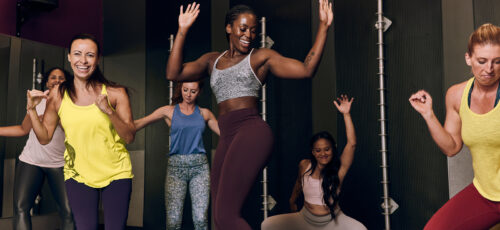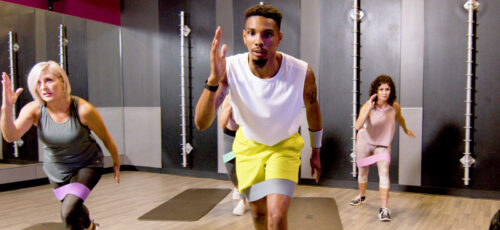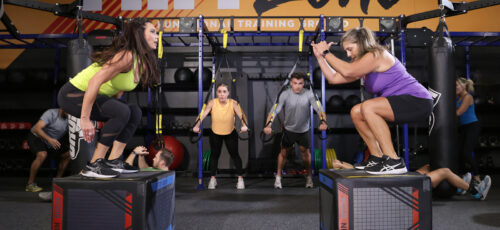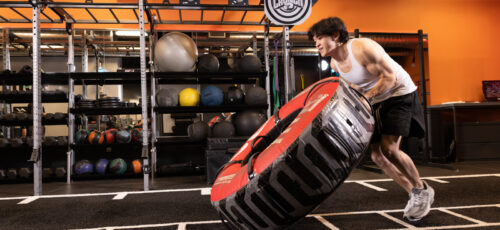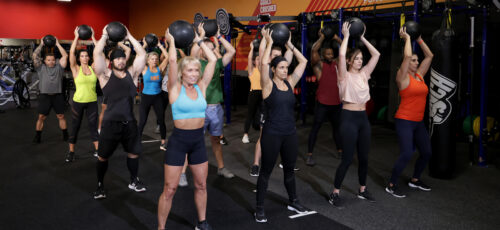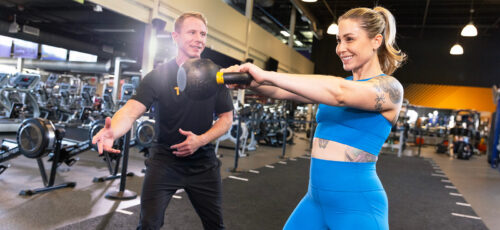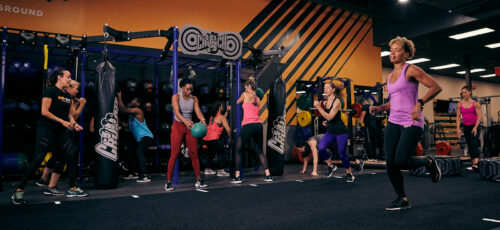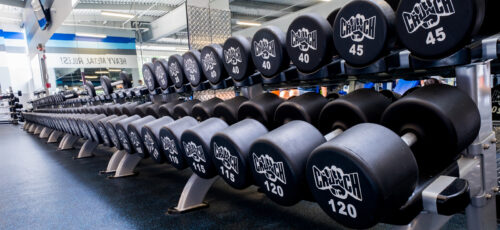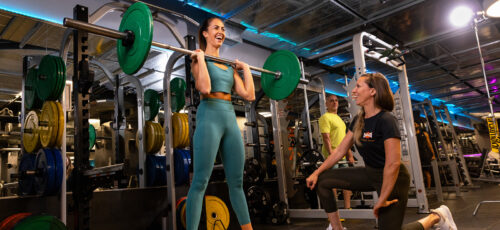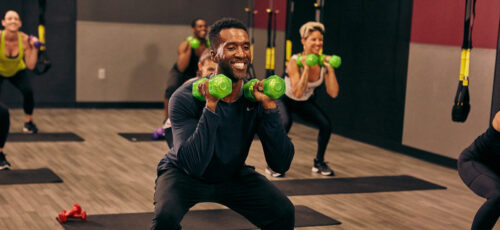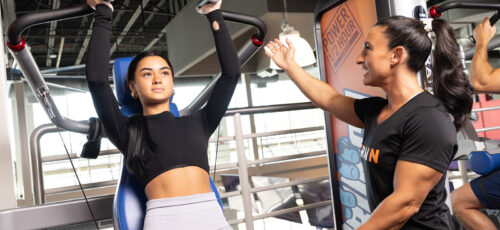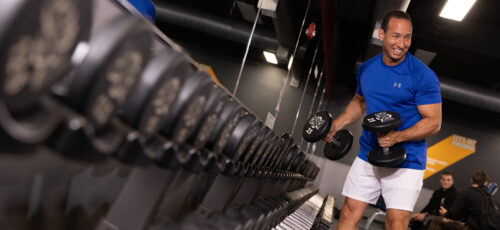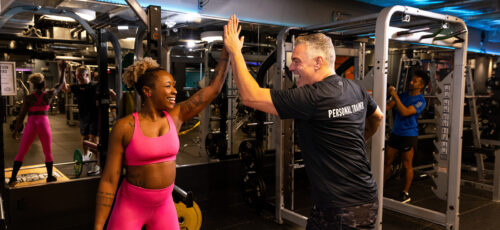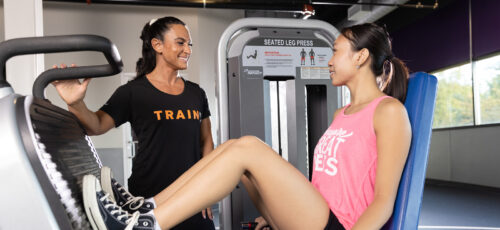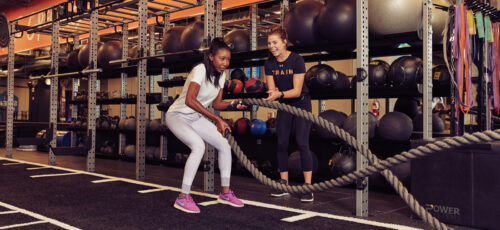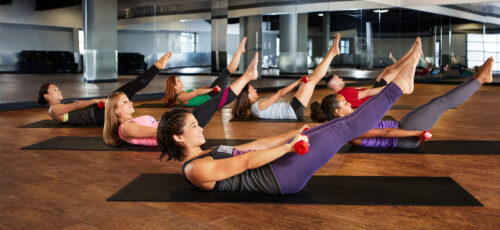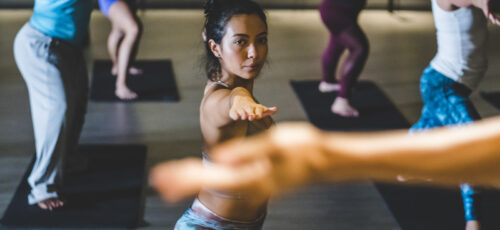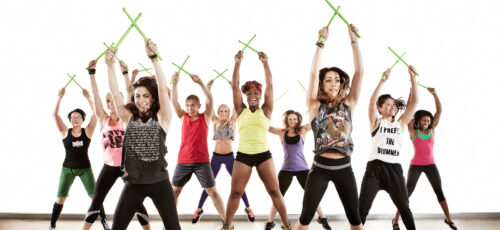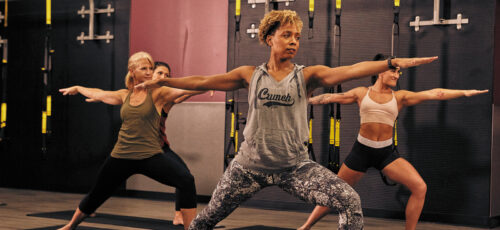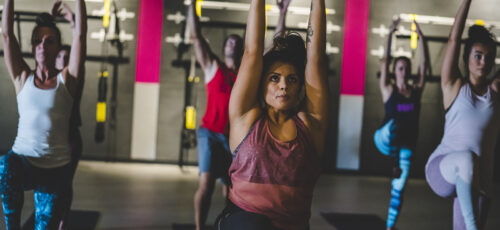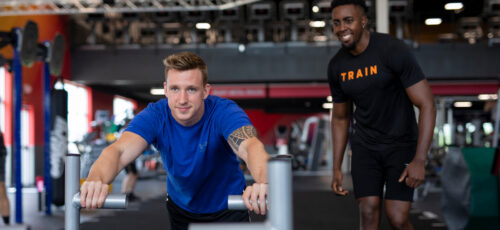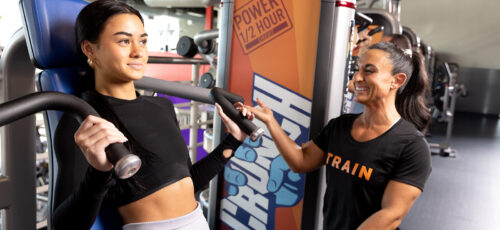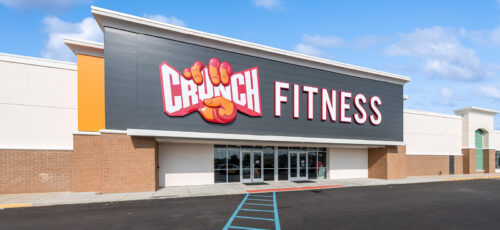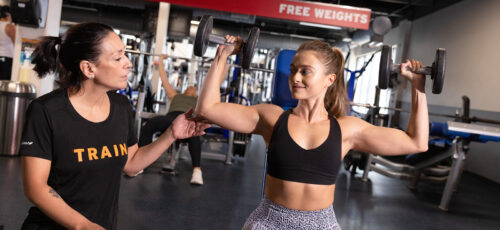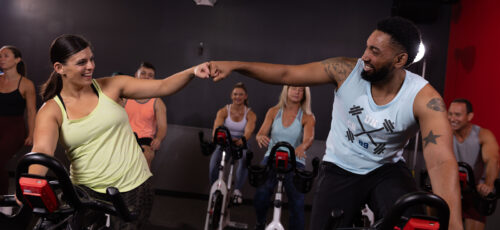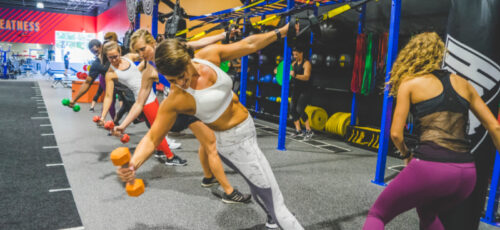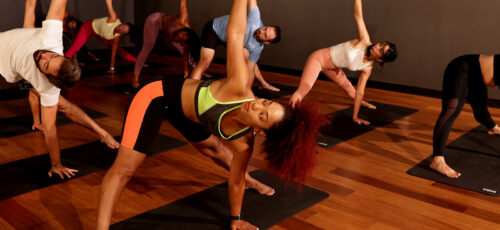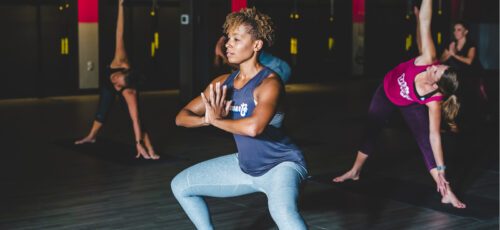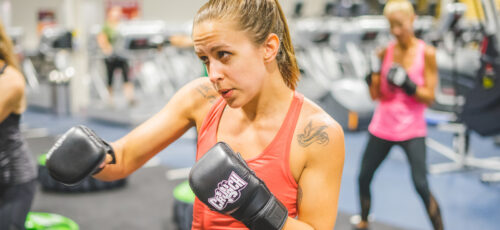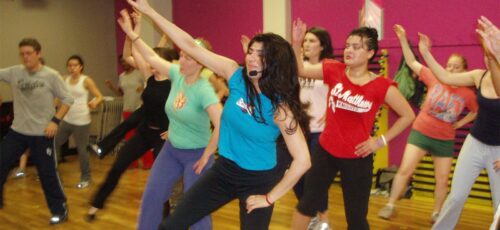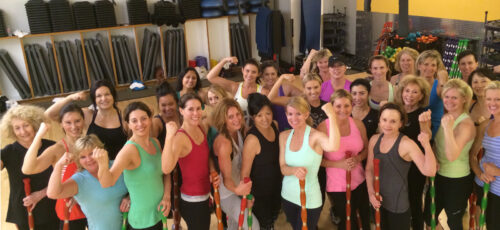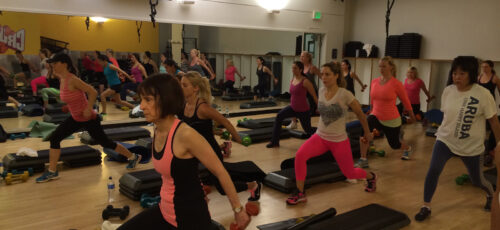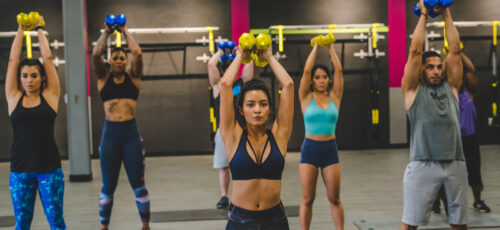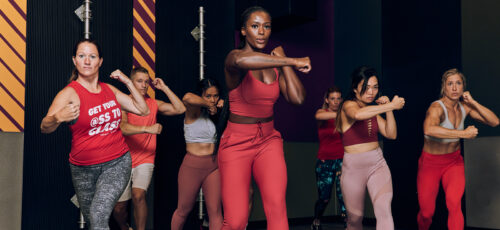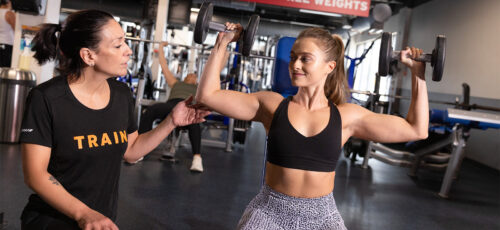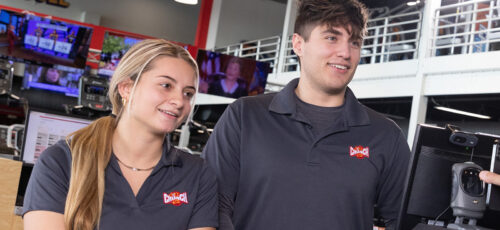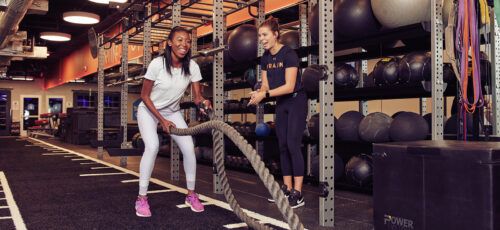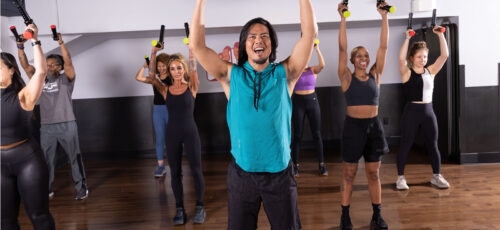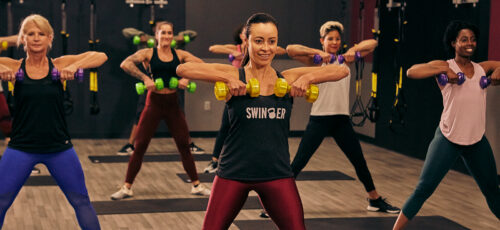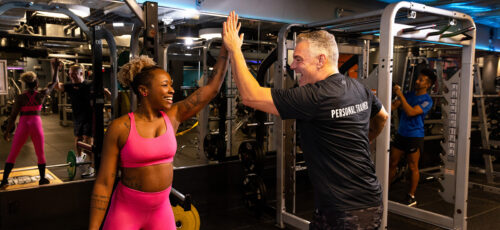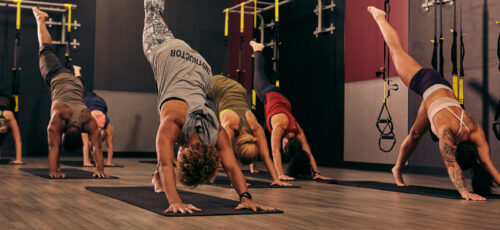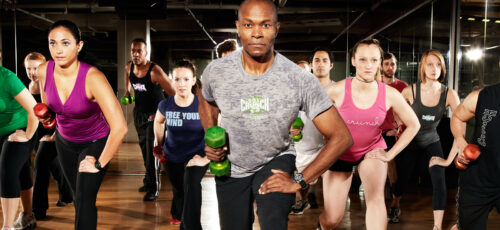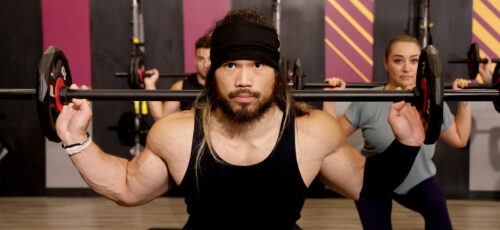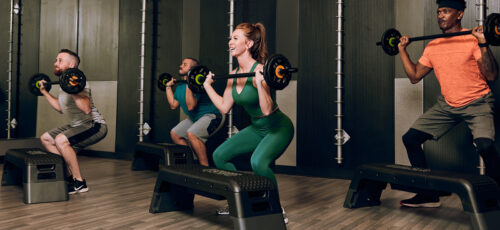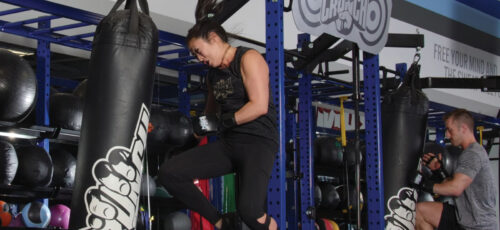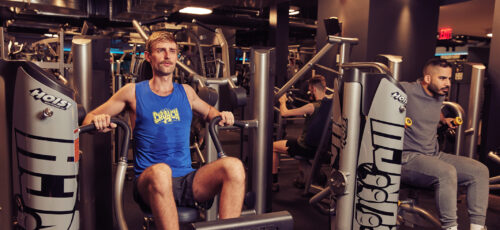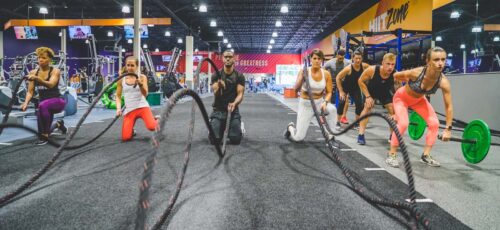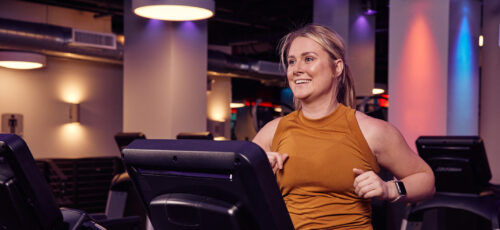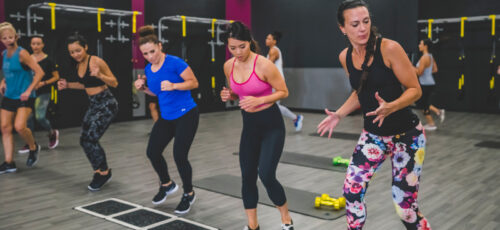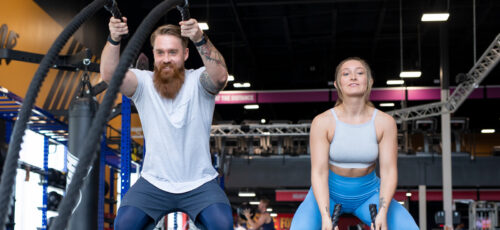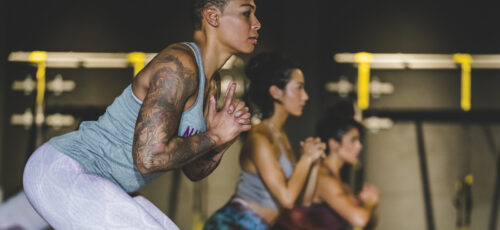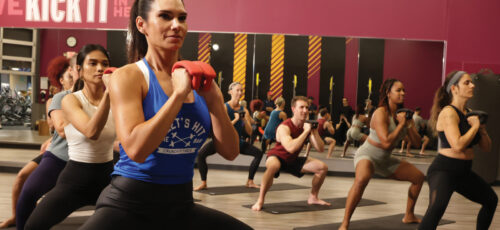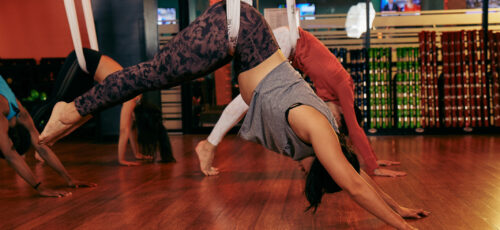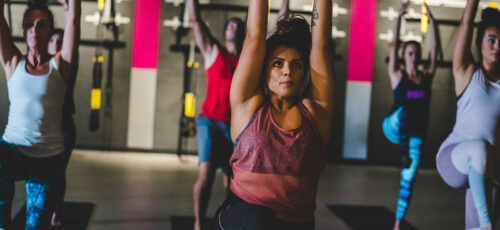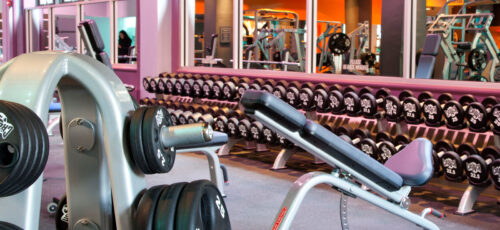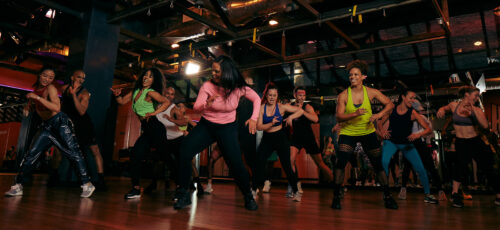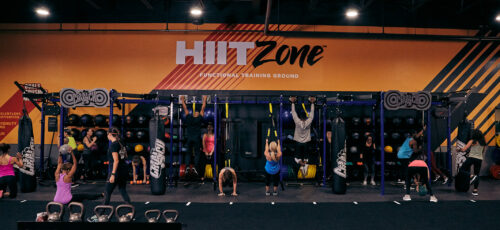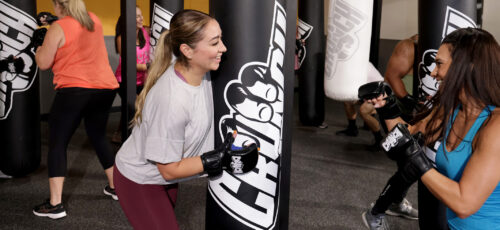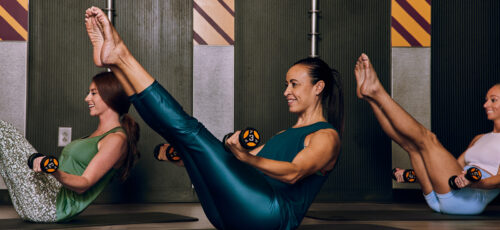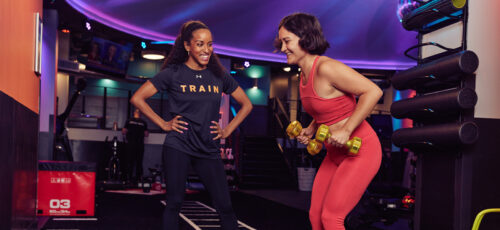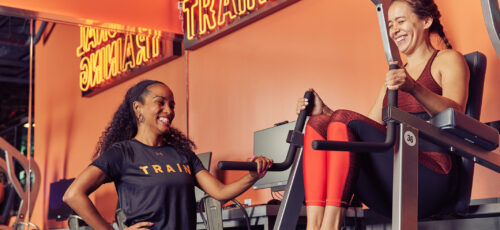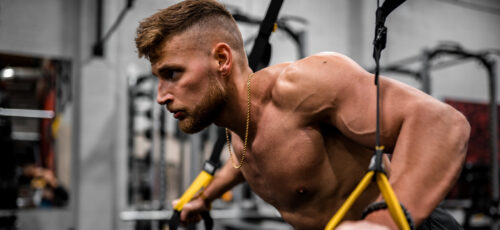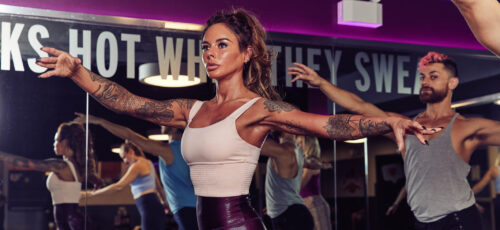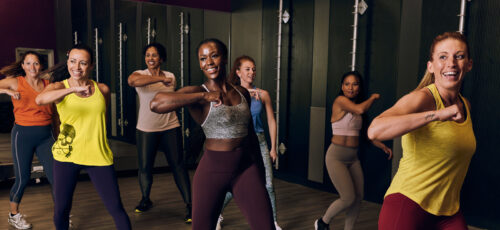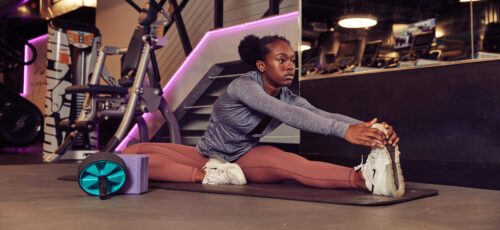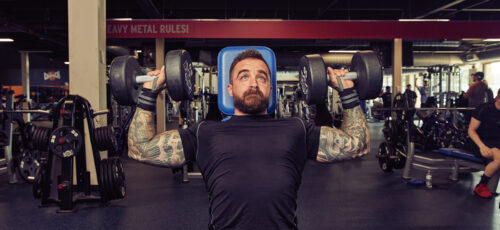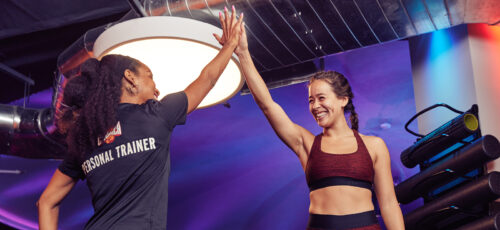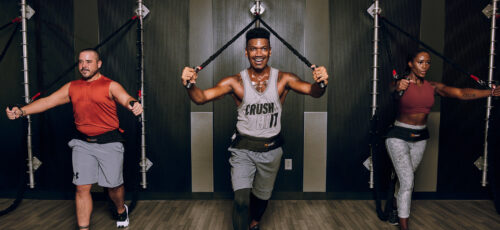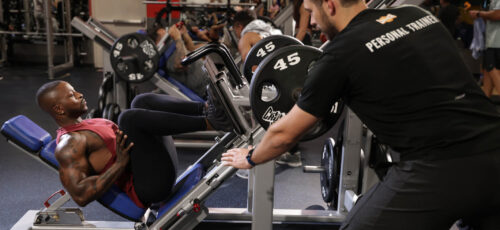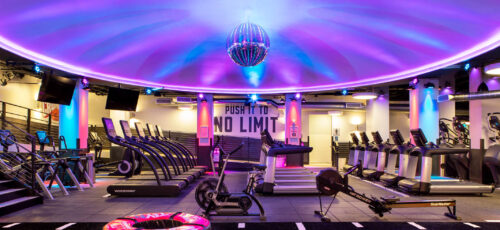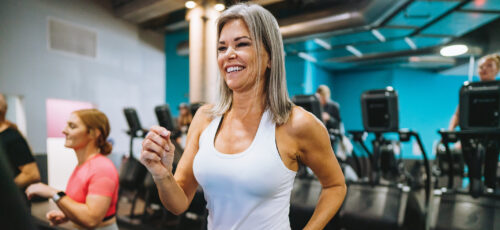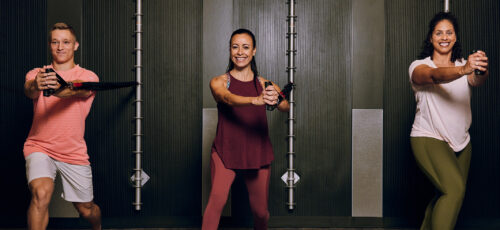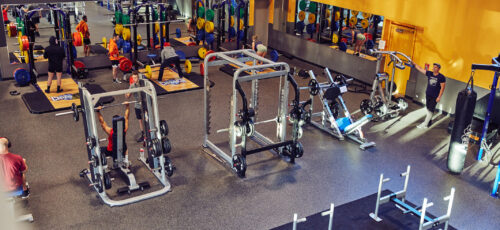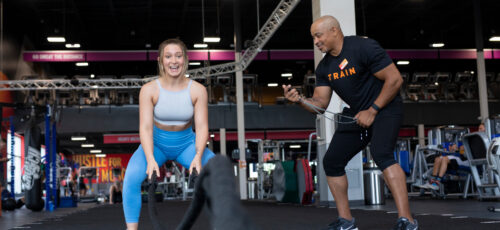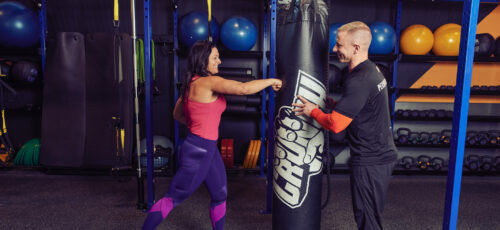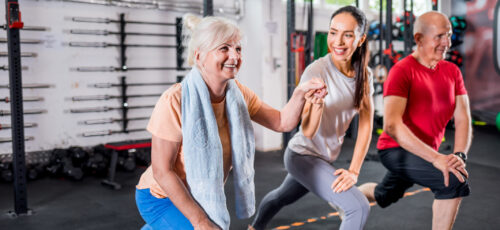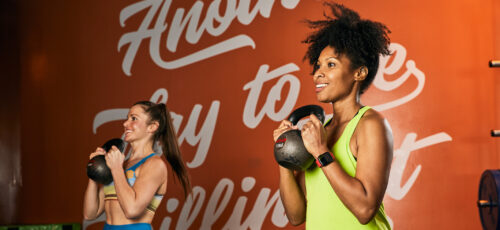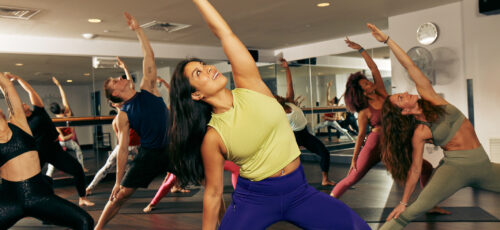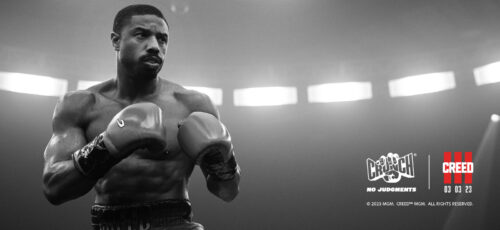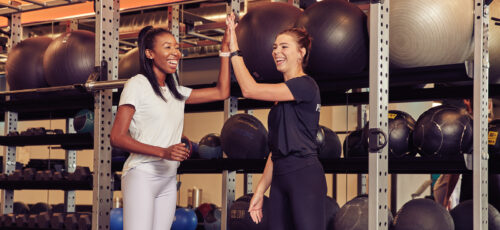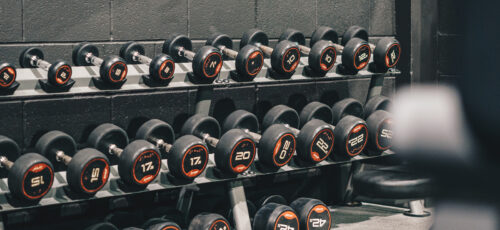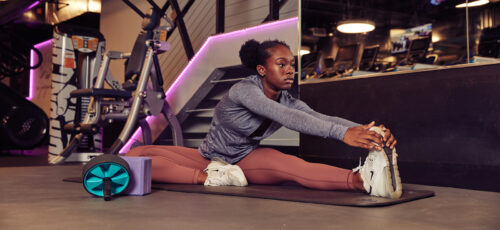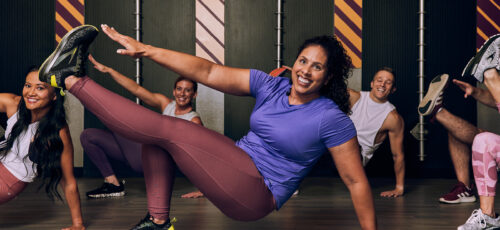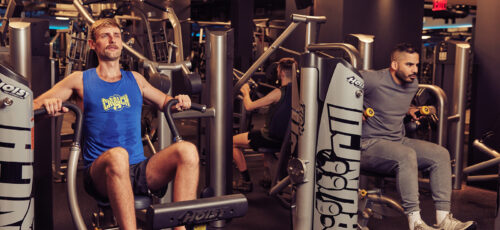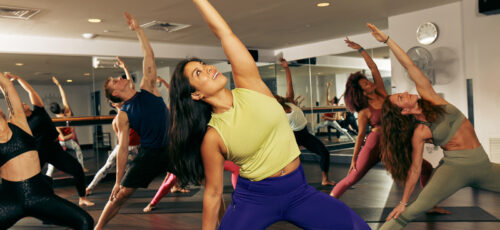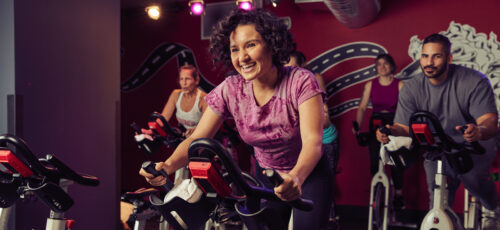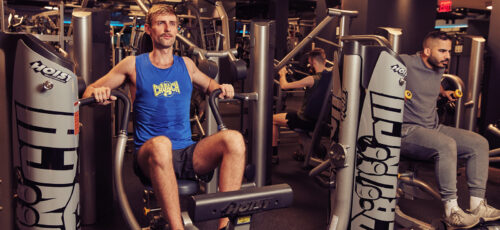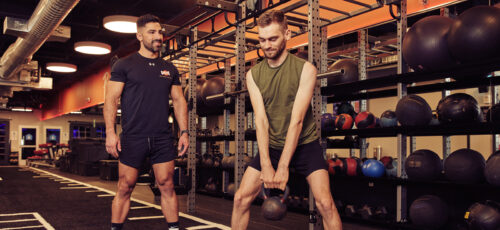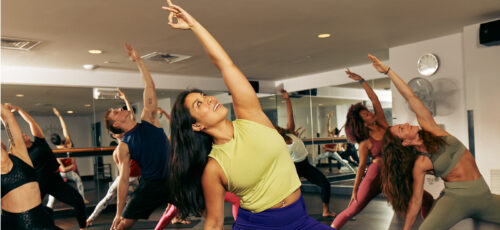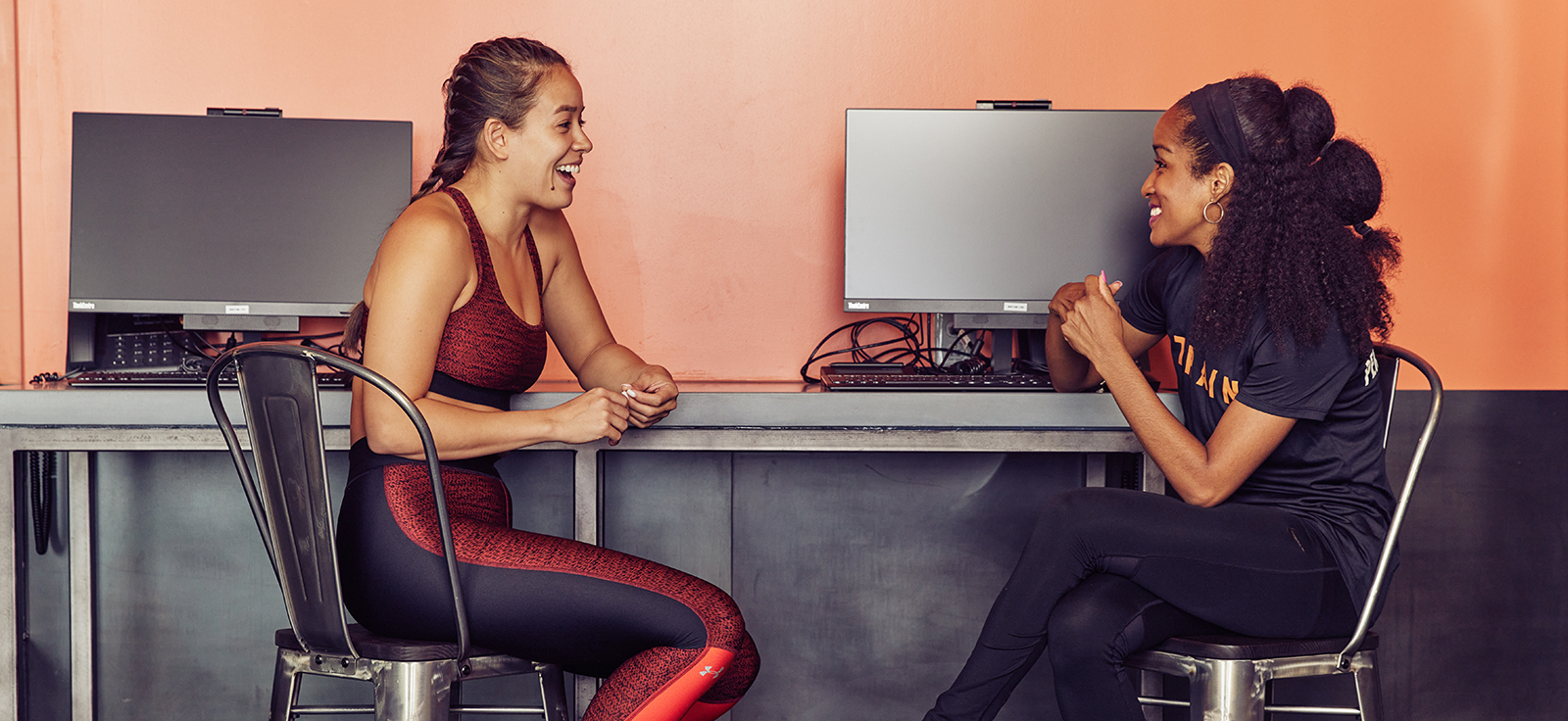
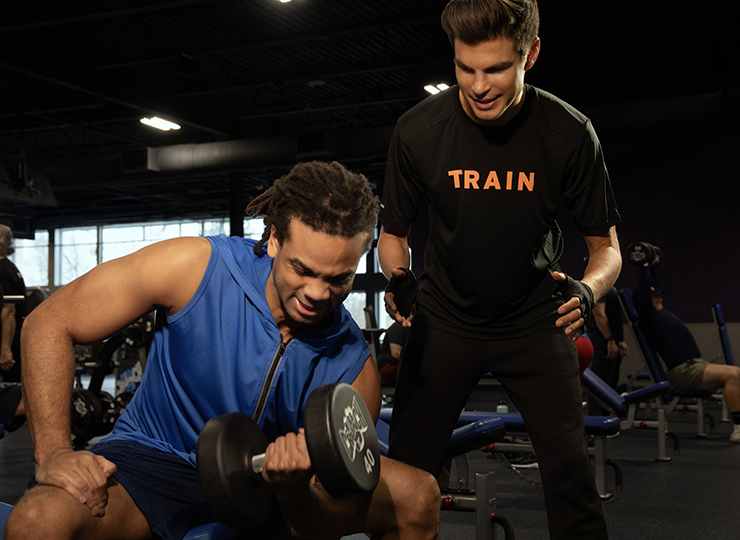
What if lifting weights isn’t just about effort but about strategy? What if the missing link between where you are and where you could be is a personal trainer?
For many gym-goers, the idea of hiring a trainer feels like a luxury. “I can watch tutorials,” “I already know what to do,” or “I’ll just follow a plan online.” Sound familiar?
But studies show that people who use personal training services make faster, safer, and more sustainable progress in both strength training and muscle development. Are your best gains still untapped?
Maybe you’ve wondered:
- Am I using proper form or just getting lucky?
- Are my weight training routines moving me forward?
- Could someone help me push past this plateau without risking injury?
These are smart questions, and they deserve thoughtful answers. Because lifting isn’t just about reps; it’s about results, recovery, and sometimes, rethinking the approach altogether.
This article will explore five essential things to consider before hiring a personal trainer for lifting weights. Whether you’re curious, hesitant, or ready to dive in, this guide will help you ask the right questions, challenge assumptions, and decide if working with a certified personal trainer is your next best move.
Certified Personal Trainer: Why Should You Hire Them?
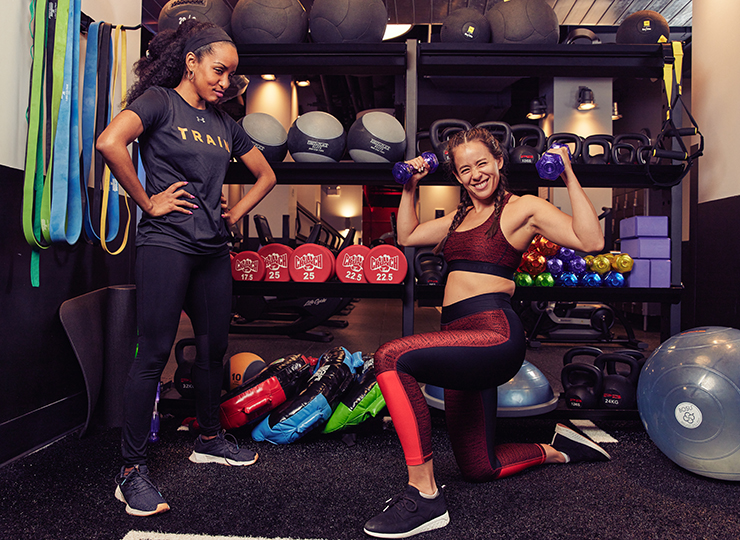
Lifting weights can be empowering but also intimidating. You’re juggling form, reps, breathing, muscle engagement, and maybe even self-doubt. That’s where a certified personal trainer steps in, not just to count your reps but to transform your entire experience with weight training.
Personal training hasn’t always looked like it does today. Back in the ’80s and ’90s, fitness icons like Jane Fonda and Richard Simmons popularized at-home workouts. They were flashy, fun, and foundational, but times have changed.
Today’s personal fitness trainers are movement specialists, program designers, and motivators. They’re trained in sports medicine, behavior change, and tailoring strength workouts to individual bodies, goals, and limitations.
Still unsure? That’s okay. Ask yourself this question: “What could I accomplish with one?”
Whether you’re lifting your first dumbbell or trying to break through a plateau, the right trainer can help you lift smarter, not harder. At Crunch Fitness, our certified personal trainers are here to guide, challenge, and champion you in a supportive, goal-driven environment.
How to Find the Right Personal Trainer: 5 Things to Consider
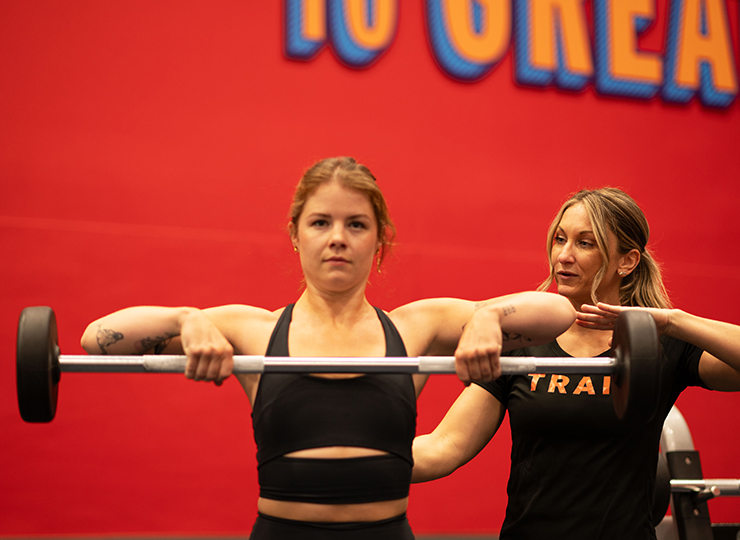
Hiring a certified personal trainer is one of the smartest decisions you can make if you’re serious about your weight training journey. However, not all trainers are created equal, and not every client-trainer fit is right from the start.
That’s why understanding what to look for can make a huge difference in how you train, how quickly you see results, how you reduce injury risks, and how you stay motivated through the ups and downs of fitness.
1. Observe Trainers in Action Before You Commit
Before signing up for personal training, spend some time simply watching. Head to your gym during peak hours and observe how trainers work with their clients.
Ask yourself:
- Do they pay attention to proper form?
- Are they checking posture and technique during strength training exercises?
- Are they supportive and focused or distracted and disengaged?
The way a trainer communicates is a key component of your progress. Some thrive with tough love, while others prefer encouragement. You want someone who matches your energy and respects your learning style.
If you’re into free weights and compound lifts, watch trainers specializing in strength training, not just cardio or machine-based work.
Crunch Fitness invites potential clients to visit and observe. We believe seeing our trainers in action builds trust and helps you make informed choices.
2. Check Their Credentials and Specialties
In today’s fitness industry, anyone can throw “trainer” in their bio, but real qualifications matter. Look for a personal trainer with certifications from reputable organizations such as:
- ACE (American Council on Exercise)
- NSCA (National Strength and Conditioning Association)
- ACSM (American College of Sports Medicine)
This shows that they have undergone rigorous study, practical testing, and successful completion of exams covering anatomy, exercise behavior, sports medicine, injury prevention, and more.
Make sure the trainer is also certified in CPR and has an automated external defibrillator. These are essential for safe fitness training, especially in fitness centers or health clubs.
Beyond certifications, ask about their specialties. Some are pros with resistance training for athletes; others work with older adults, special populations, or those recovering from chronic health conditions.
If you want to build lean muscle mass by lifting weights, choose a trainer who excels in weight training programs and strength coaching.
3. Clarify Your Goals and Be Honest
What’s your “why”? Do you want to lift heavier? Improve your deadlift form? Build strength in your major muscle groups? Reduce body fat? Train for a Spartan Race?
Your goals will define your fitness program and the type of trainer you need. The best personal fitness trainers don’t just give you a workout—they listen, ask questions, and design plans that align with your unique vision.
Don’t be vague. “I want to get stronger” is a start. But how strong? How often can you train? What’s your timeline?
Goals also help trainers determine how to increase your loads gradually, vary repetitions, or blend body weight exercises with weight machines or resistance machines for well-rounded development.
At Crunch Fitness, we begin every client relationship with a goals discussion. Once your “why” is clear, your “how” becomes much easier.
4. Demand Personalized Exercise Programs
Avoid trainers who hand you a laminated sheet and walk away.
Real training is dynamic. A great trainer will:
- Evaluate your mobility, balance, posture, and fitness level
- Consider any injuries or limitations
- Create a weight training routine specific to your needs and goals
- Adjust as you progress because your body evolves!
Personal training is not a one-size-fits-all deal. What works for your best friend or that guy on YouTube may not work for your current fitness level or biomechanics.
Personalization is what makes the difference between just sweating and progressing.
At Crunch Fitness, our personal trainers create tailored, flexible, and goal-driven exercise programs. Whether you’re doing compound lifts, isolating specific muscle groups, or focusing on recovery, your plan will evolve with you.
5. Take Advantage of Introductory Sessions
Still not sure?
That’s perfectly normal. Many gyms (including Crunch Fitness) offer free or low-cost trial sessions.
This is your chance to:
- Meet the trainer
- Ask about their training philosophy
- Test their coaching style
- See how they explain techniques
- Evaluate how they correct your form during weight training
During your session, pay attention. Do they focus on your movement or chat with others between sets? Are they adjusting your stance or explaining which muscles you’re targeting? Do they help you warm up properly to avoid straining cold muscles?
Even a single session can reveal whether that trainer’s style fits your vibe, schedule, and personality.
Remember: personal training is a relationship. It’s okay to be selective. Your progress depends on your connection.
Other Considerations
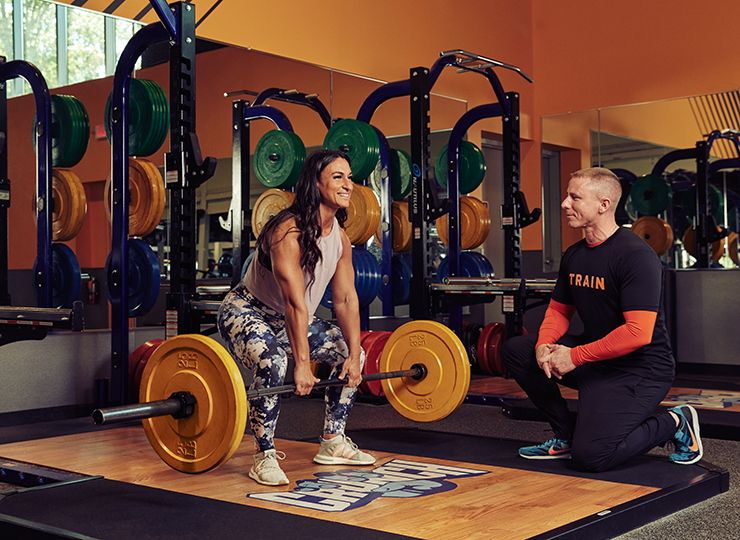
Choosing the right certified personal trainer is about connection and relevance. Two critical elements often missed in the decision-making process? Clear communication and specific experience.
Can You Talk to Them Honestly?
A great personal trainer is someone who listens to your story. You should feel safe sharing your limitations, past injuries, goals, or gym anxiety. A truly supportive trainer will tune in, ask the right questions, and give clear feedback without overwhelming you.
That kind of effective communication builds trust, and trust creates progress. If you feel like you’re not being heard or your concerns are brushed aside, that’s a red flag.
Relevant Experience
Experience matters, but relevant experience matters more. If you plan to commit to a serious weight training routine, you want someone specializing in strength training, lifting weights, or muscle development, not just general fitness.
Someone certified in boxing or yoga may be incredible in their domain, but if they haven’t coached people through weight training programs, they may not be the right fit for you.
The fitness world is full of inspiration, but not everything is informed. Be cautious with social media trainers who lack formal qualifications.
How Much Does a Personal Trainer Cost?
You don’t need to commit to an intensive schedule to experience the benefits of a certified personal trainer; there’s more flexibility than you might think. Whether your goal is to start lifting weights safely, improve strength, or follow a structured weight training routine, there are many ways to get the guidance you need.
One popular option is small-group personal training. It combines individualized attention with the motivation and energy of working alongside others with similar fitness goals. It’s supportive, effective, and a great way to stay consistent. Plus, you get expert coaching without going it alone.
Another smart strategy? Start with a few one-on-one sessions. These are perfect for learning proper form, understanding your body’s needs, and creating a plan you can follow independently. Once you’re confident with the basics, you can shift to training more independently while scheduling check-ins with your trainer to keep progressing.
At Crunch Fitness, we know that every journey is personal. That’s why our trainers work with you to create a schedule and structure that fits your goals, lifestyle, and level of experience so you can build strength with confidence and clarity.
Personal Training vs. Self-Training: Which is Right For Me?
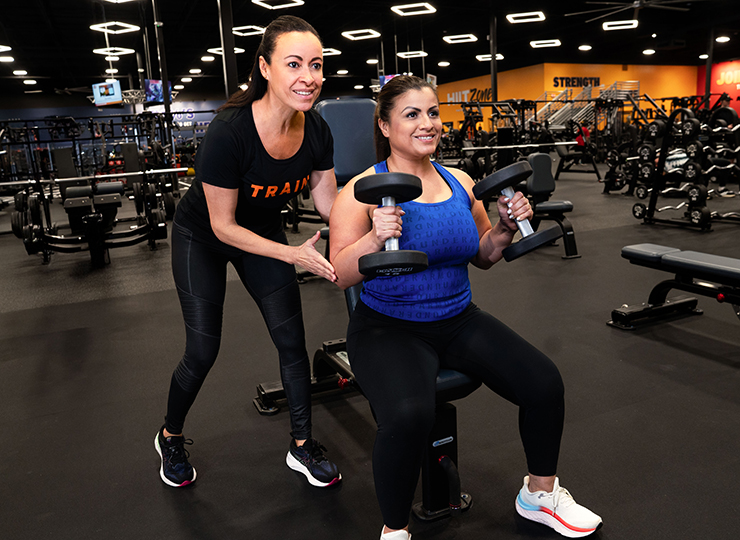
Deciding between personal training and self-training depends on your goals, experience, and comfort level when exercising on your own. If you’re new to the gym, exploring new movements, or aiming to level up with a more intense weight training routine, a certified personal trainer can provide expert guidance, help you avoid injury, and customize your workouts for faster results.
On the other hand, self-training offers flexibility; you choose the exercises, set the pace, and train according to your own schedule. It’s ideal for experienced gym-goers who understand proper form, how to structure routines, and when to push or rest. While it can be more cost-effective, it also carries a higher risk of injury if exercises are done incorrectly.
Consider your fitness level, goals, and how much structure or support you need. Whether you choose personal or self-guided training, consistency and working smart are key.
Join Us!
Crunch’s personal trainers are an excellent resource for helping you accomplish your goals. Crunch promotes a culture of positivity, inclusivity, and fun with no judgments by providing an environment for all individuals regardless of their health and fitness goals. Find a Crunch gym near you to try our free trial membership, or join Crunch now. We’re here for you – at the gym or at home. Access the best live & on-demand workouts anytime, anywhere with Crunch+. Ready to get sweaty? Try hundreds of workouts for free! Start your free trial now!











